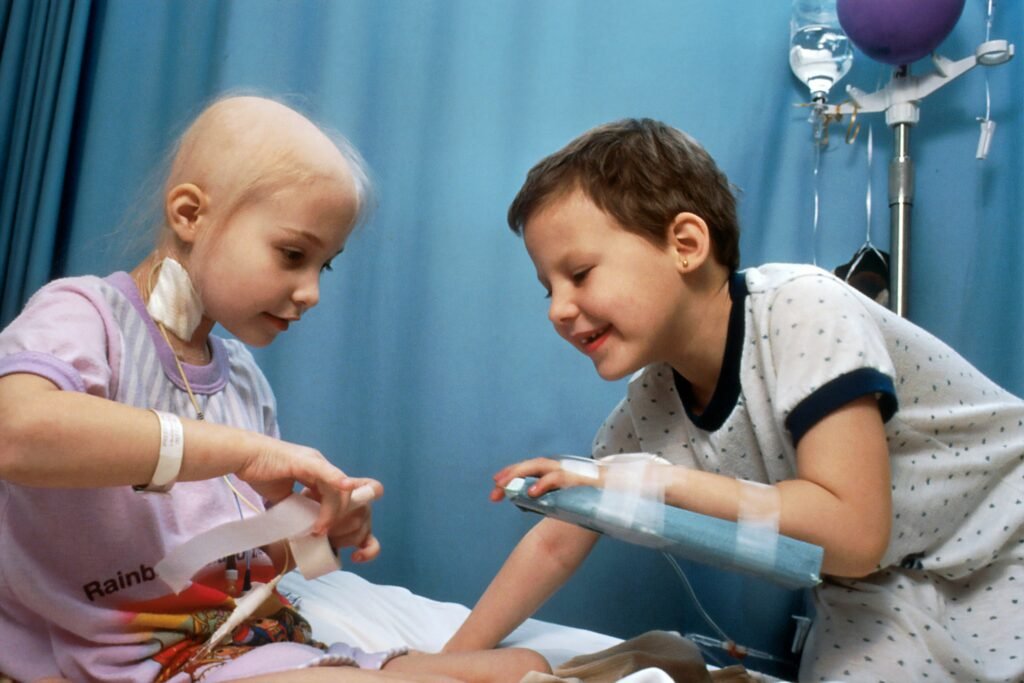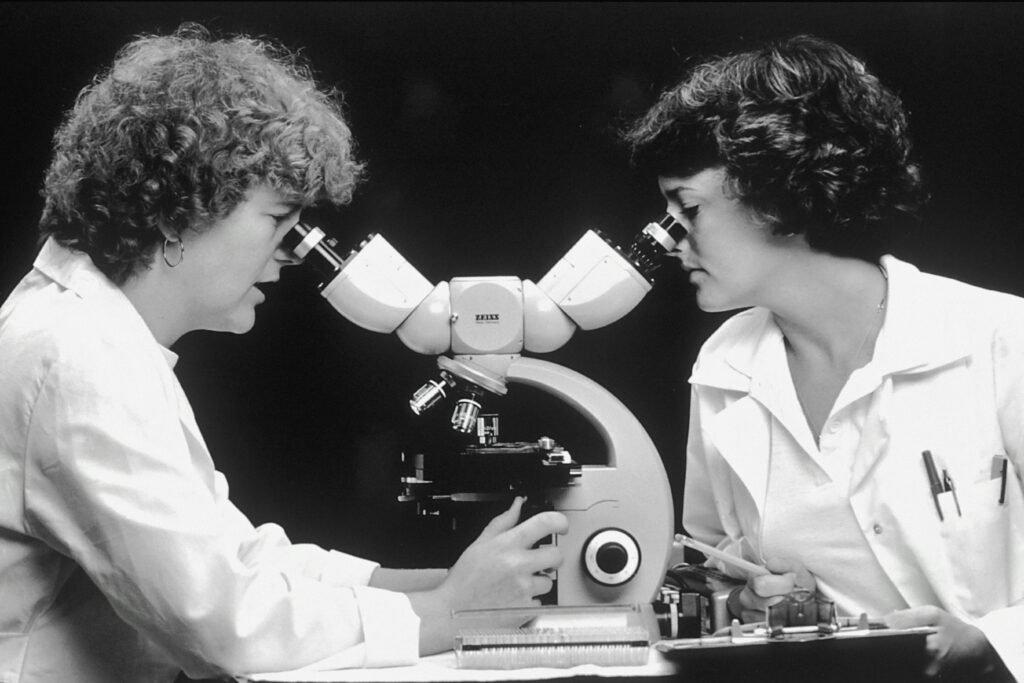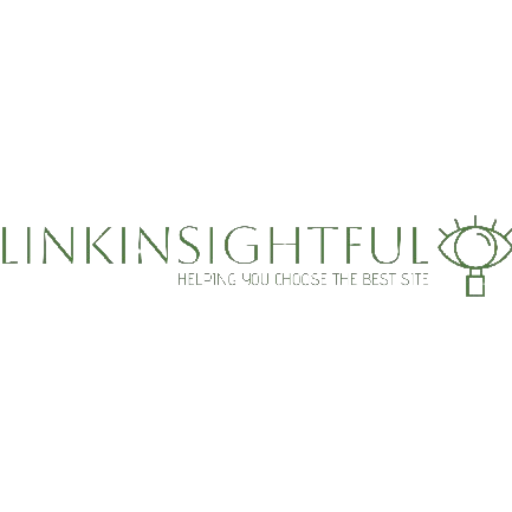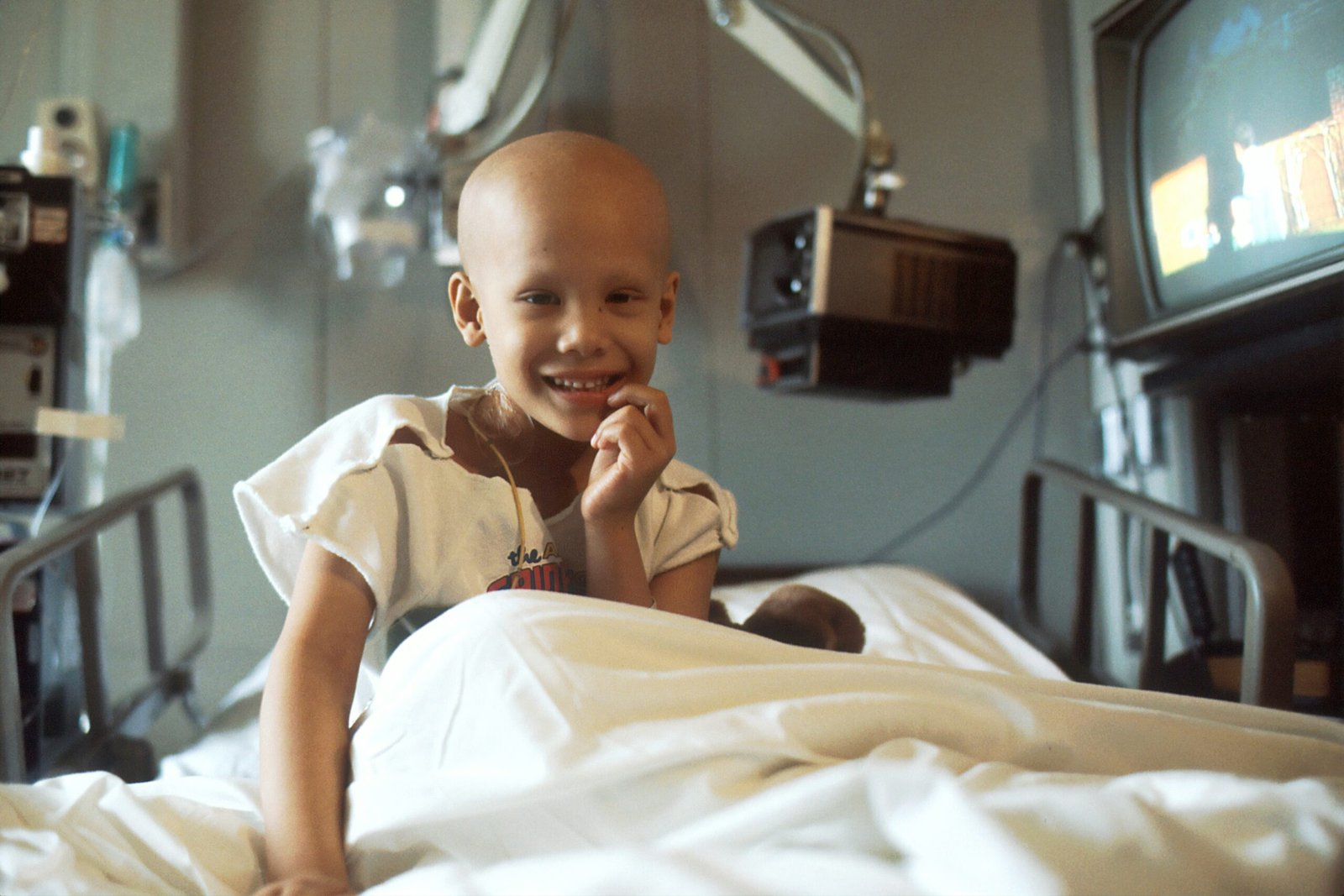Cancer hospitals have however over the recent years undergone a significant transition from a disease-oriented field to one whose focus is patient-centered therapy. The process from diagnosing to healing is often curative and even, occasionally But the trip is more personalized, compassionate, and technical.
The following article looks at how optimal cancer facilities are improving and analyzes elements that are changing the perspective of oncology.
Development of cancer care

It is important to note that there are other revolutionary involved in cancer treatment at cancer hospitals that have impacted how patients attend their treatments. However, earlier cures for cancer were crude as there was poor knowledge of this disease type and its progression.
Changes in medical research and technology that have occurred over the years have led to better diagnosis and treatment hence more cases are being treated and patients live longer and with better quality lives. That has been in line with a shift of regimes that embrace an integrated model, as complex as cancer is, and the need to have individualized patient care plans.
Why patient-centered care is important in oncology
In oncology, where the routes to cure might seem very complex and unknown, patient centricity therefore emerges distinct. This means that treatments in cancer hospitals are not general to the person’s preference, value system, and lifestyle than coming up with a universal model.
This will improve satisfaction among patients relating to compliance to treatment resulting in better results and; recognition of dignity which is important in cases such as cancer.
Opportunities of Personalised Medicine in Cancer Therapy
I appreciate knowledge about cancer hospitals because personalized medicine is a great step forward in this area. Besides, it increases the chances of effective treatments as well as minimizes the unwanted effects that make treatment bearable to the patients.
Personalized Care Taking Place at Cancer Centers
Some of the renowned cancer hospitals are in a position to introduce and develop patient-centered therapies. For example, some hospitals offer genetic testing to choose treatments according to and patient’s genotype while others use the patient’s preferences regarding treatment and other care measures.
It is possible to learn from the above cases the impact of genomics in enhancing both the experience of patients and their outcomes.
New Findings in Technology Transforming Oncology
cancer hospitals is among the areas that benefit from technological advancement since technology is instrumental in enhancing health care provision. There is the use of various technologies such as imaging techniques, robotic surgery, and artificial intelligence, among others has led to the enhancement of accuracy and effectiveness in treating cancer.
Such developments enable the diagnosis in its early stage and proper treatment with improved results in handling the patients. There is also observed the tendency to focus more specialized medical experts in the field of the newest technologies and therefore growing number of medical physicists professions that allow cancer hospitals to maintain the highest level of services for patients even in changing staff.
How Artificial intelligence is making diagnosis and treatment better.

The use of Artificial intelligence in Oncology has enhanced tools used in the diagnosis and formulation of treatment plans. For instance, AI can sift through a myriad of information and find out some connections that humans may not see. When it comes to early cancer detection, this capability can also be useful in finding small changes in the scans or biomarker levels that indicate cancer.
Extended care beyond the walls of the treatment room
Integrated care therefore goes beyond clinical rooms embracing various ancillary services of the different patients, including their families. Other services can be dietetics and nutritionist; physiotherapy services; actual(group), informational, and emotional support; and, Information services.
What Is Counselling to Cancer Patients?
Cancer detection and treatment may greatly expose one’s mental health status during the period of the disease. To minimize this problem, many cancer hospitals have adopted psychiatric care in the course of their structure.
For instance, are counseling sessions, stress management classes as well and support groups meant to help patients come to terms with the emotional issues that the various forms of tumors breed when being treated using radiation therapy among other therapies.
Integrated & Coordinated care and Interprofessional healthcare teams
To address the holistic needs of patients in the new scenario where emphasis are placed on cancer hospitals, there is a need for people caring for the patients to be inter-professional. Therapeutic care plans are implemented by a team that includes oncologists, surgeons, radiographers, and nurses among others, and they include all other aspects of the patient’s well-being.
Telemedicine and Oncology Remote monitoring
The advancement of technology that has made telemedicine and remote monitoring of patients has made it possible for cancer to be taken to remote areas especially those in rural regions. This makes it possible for patients to get treatment from their living room thus doing away with travel requirements and making the management suitable for continual treatment.
Use of Telemedicine to Increase Availability of Healthcare
In light of this argument, cancer hospitals using telemedicine can be radical since it can help in extending access to specialized cancer centers to patients who are far away. Where the patients have chronic conditions requiring constant monitoring and readmission, they require telemedicine in circumstances where they visit their clinicians for check-ups and companionship without moving around physically.
This is very important especially when the patient is on a long-term treatment and will have to be followed up frequently.
Remote Monitoring

Remote monitoring technology helps a doctor monitor the condition of a patient on a real-time basis and approach the patient more proactively and individually. For cancer patients, this means early identification of such complications, effective treatments, and management of side effects. Patients are also getting admission to remote monitoring that enables them to try to control their self-care management while at home.
Understanding of Cancer Care and its costs, the following is summarized;
The cost of cancer hospitals is high due to the various types of costs such as; cost of care, cost of procedure, cost of drugs or medication, cost of transportation, and accommodation among others. Preparation towards treatment requires that the patient understand such costs related to the intended treatment.
A lot of hospitals offer to help patients with such expenses as well as guide them on where or how they can seek financial support.
Counseling Services
There are various sources of financial support services for patients with cancer treatments whereby the intention is to assist the patient to cater for his/her expenses. They may category include; financial advising, insurance claim processors, and charitable organizations whose provision is in terms of funds.
Through such services, the cancer hospitals assist in minimizing the costs incurred by patients receiving cancer treatments thus allowing them to focus on recovering.
Overview of Oncology Patient Survivorship Care
Survivorship care then becomes pertinent, particularly considering that there is a growing population of patients who are surviving cancer and who are living long years after a cancer diagnosis. Such a type of care seeks to manage long-term side-effects resulting from cancer treatment while at the same time encouraging people to lead healthy lifestyles as well as preventing the onset of cancer.
Cancer hospitals help provide a good life for people who have been affected by cancer through patient follow-up programs.
How Cancer Hospitals Educate and Engage Communities
Cancer hospitals have various ways of reaching out to the public some of them being community programs among others.
Some examples are local advertisements or awareness-creating campaigns such as free screenings or times for organization of community events, information raising about preventive measures against cancers or early detection crusades. In this way, such healthcare institutions ease cancer’s effect on people and lift their overall health standards.
The Awareness Campaigns’ Role in Early Detection
Thus, increasing awareness about early diagnosis of cancer contributes greatly to the fight against the disease and helps in keeping mortality rates low that are associated with it (Siegel et al., 2019). The public is also informed about symptoms, signs, and risk factors and there are many sensitization campaigns to ensure that individuals become more knowledgeable about them (Selgelid, 2012).
From this perspective; such activities help hospitals dedicated to cancer treatment to save the patient’s lives, and ensure this disease has minimal effects on them or societies.
Conclusion
Through such research and innovation, other continued treatments, increased focus on patient education, and patient-centered care whereby patients get an opportunity to take charge of their health, the globe is inching closer to having cancer, which is an ailment with multiple manifestations, managed.
It is not only about surviving it is about giving life a little meaning in any form at any stage of the patient’s journey with CCA and not letting anyone face it all alone.





